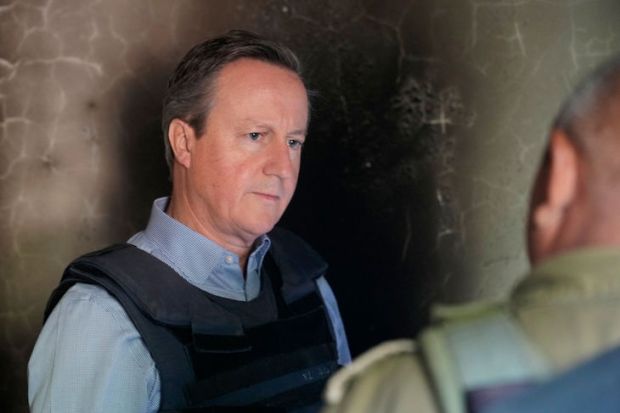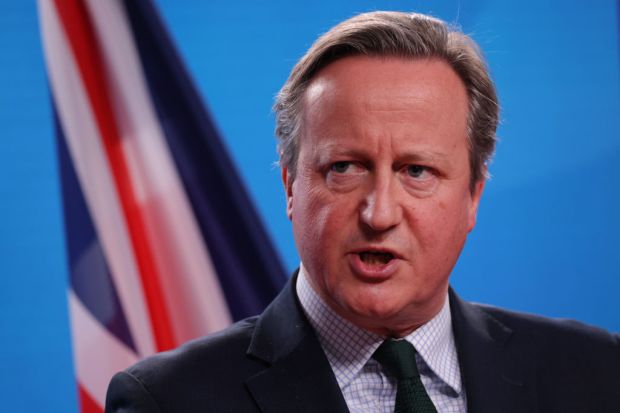The government will today reveal its plans to unilaterally rewrite parts of the Northern Ireland Protocol. Depending on who you speak to, this is either a necessary step in protecting the Good Friday agreement or a breach of international law set to damage the UK’s standing on the world stage. The details of the bill have been subject to government wrangling over the past week. Liz Truss sided with backbench members of the European Research Group of Tory Brexiteers to toughen up the bill while ministers including Michael Gove and Rishi Sunak argued for a more cautious approach.
When the bill is published this afternoon, the expectation is that it will end the role of the European Court of Justice in policing the role of the Protocol (a key demand of Brexiteer backbenchers). It will propose a lane system, whereby British goods staying in Northern Ireland will be waved through. There are also reports that it will give ministers reserve powers to override other parts of the Protocol in emergency circumstances – an idea that’s already receiving criticism.
The problem with all of these changes is that the EU has not agreed to them – and Brussels insist there are no plans to do so. If the bill comes into law, expect retaliation. EU diplomats have hinted this could see the entire Brexit trade deal suspended. Even if they don’t go this far, it could soon become a legal dispute.
In order to try to avoid this, No. 10 is keen to avoid fighting talk. The Attorney General is reported to have given her legal backing to the plans. Government figures are keen to stress that the vast majority of the Protocol will stay intact – along with protections for the EU single market – as the legislation is only aimed at changing the parts that aren’t working. Given the negotiations have led to little in the way of concessions, the view is that they have little choice but to try this (though notably, ministers have not opted for the official safety clause Article 16).
While the hope in government is that the bill will clear the Commons by July, it is unlikely to go to the Lords until the DUP agrees to a power-sharing agreement at Stormont. Once in the Lords, it will face significant opposition which could delay the plan. Will the process bounce the EU into offering concessions? In a way, publishing the bill is itself a negotiating tactic. But one of the problems for Johnson is that figures in Brussels look at the confidence vote and his domestic problems and wonder if they should hold out in the hope of a new leader with a different approach. Yet the bill still has the potential to boost Johnson’s standing with parts of his party. While the Cameroon wing is aghast at the idea of breaching an agreement, a tougher stance on the Protocol is what the Tory old guard has been demanding for some time.
Got something to add? Join the discussion and comment below.
Get 10 issues for just $10
Subscribe to The Spectator Australia today for the next 10 magazine issues, plus full online access, for just $10.




















Comments
Don't miss out
Join the conversation with other Spectator Australia readers. Subscribe to leave a comment.
SUBSCRIBEAlready a subscriber? Log in